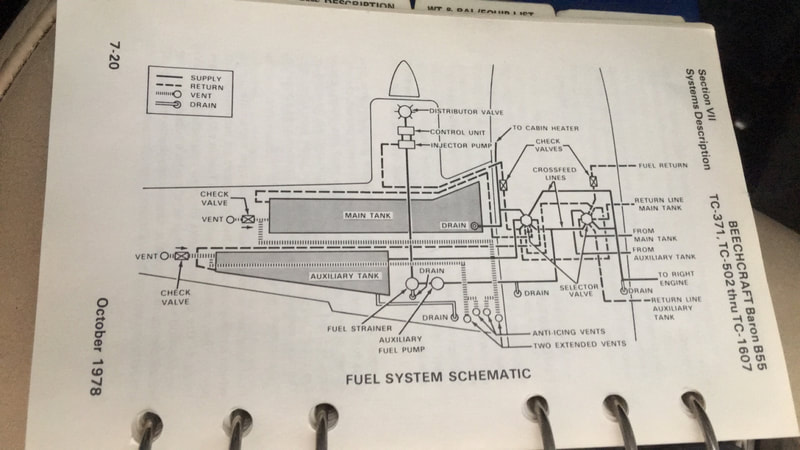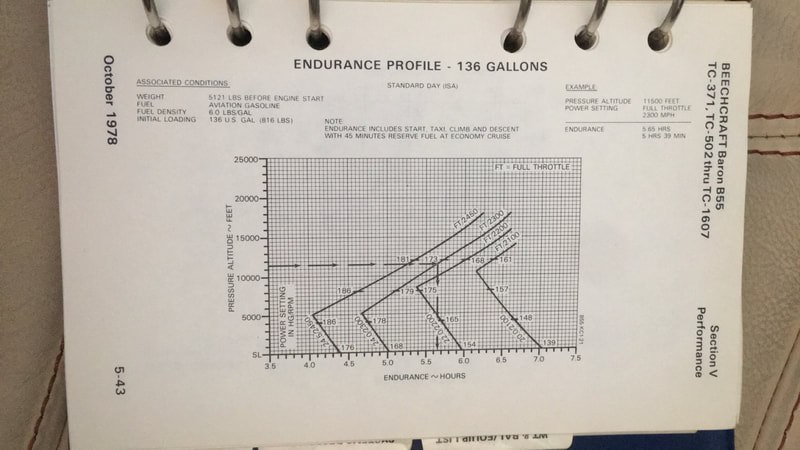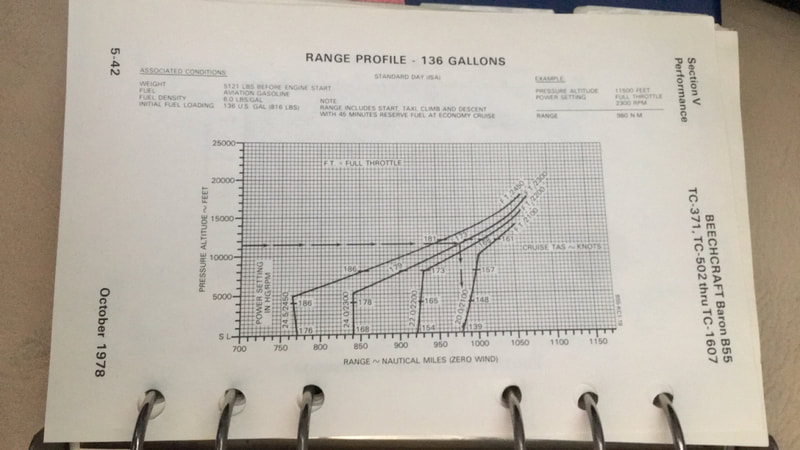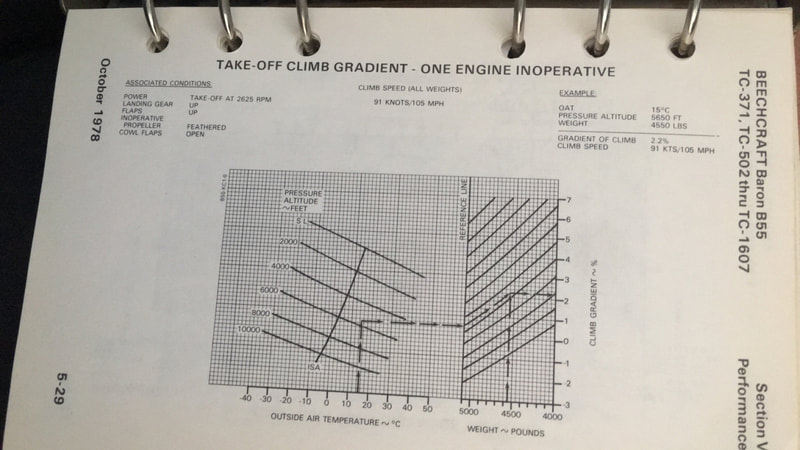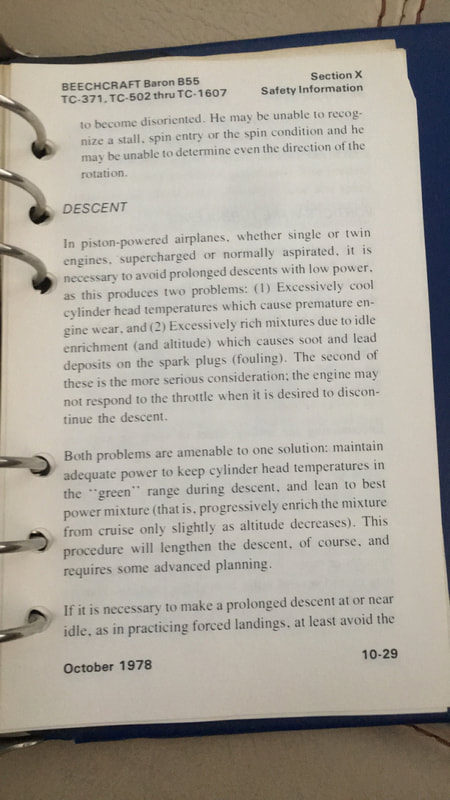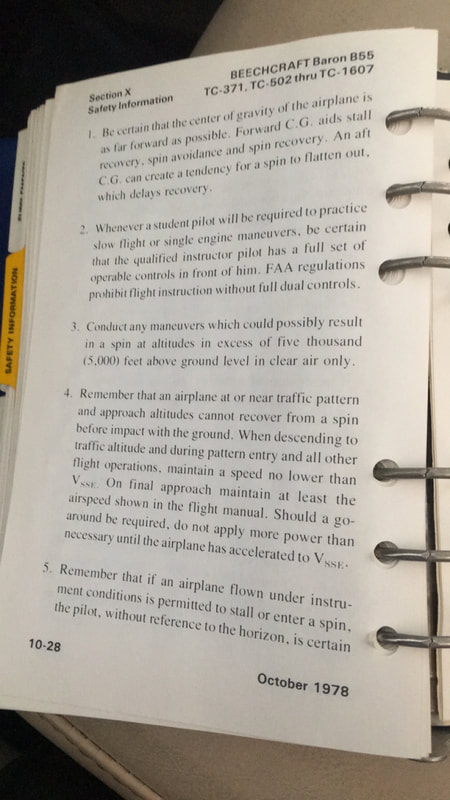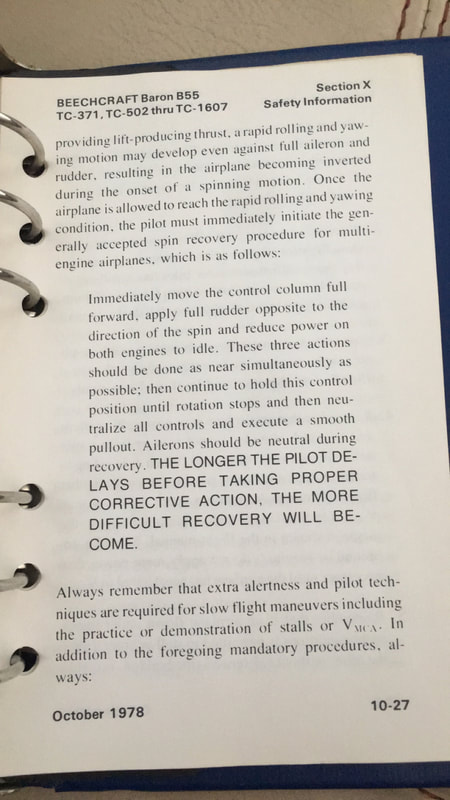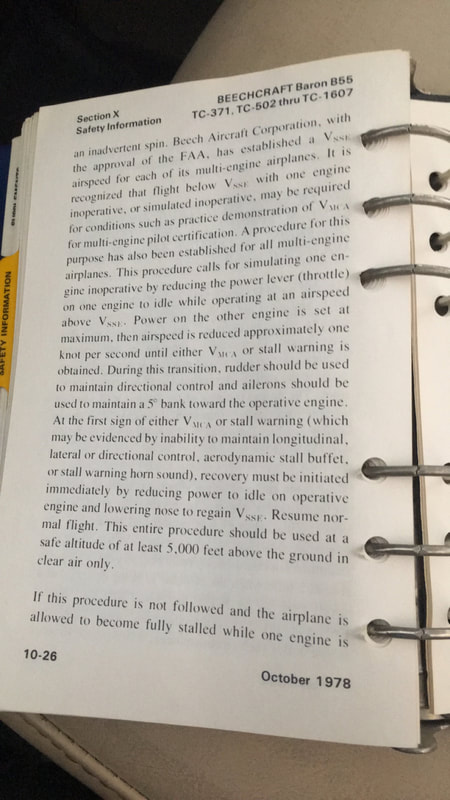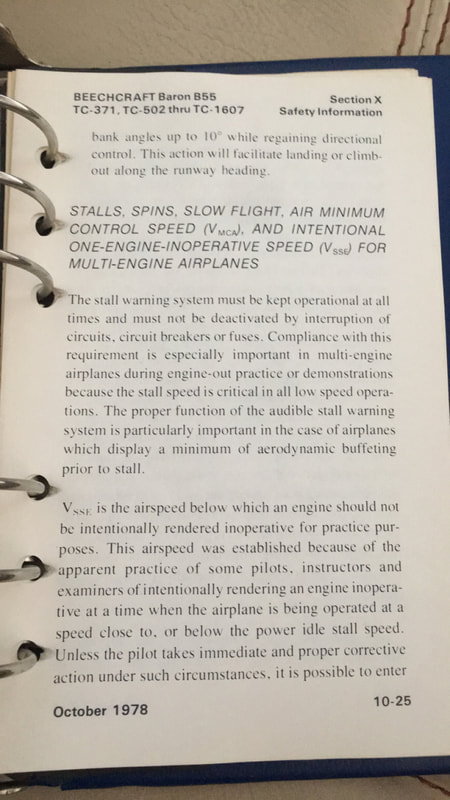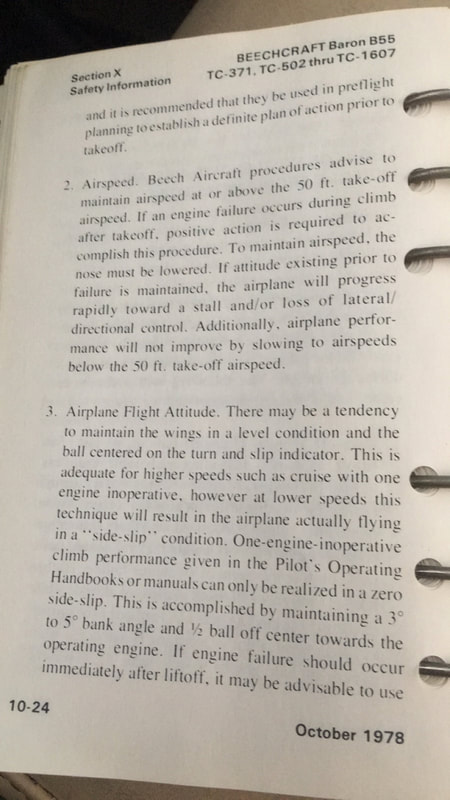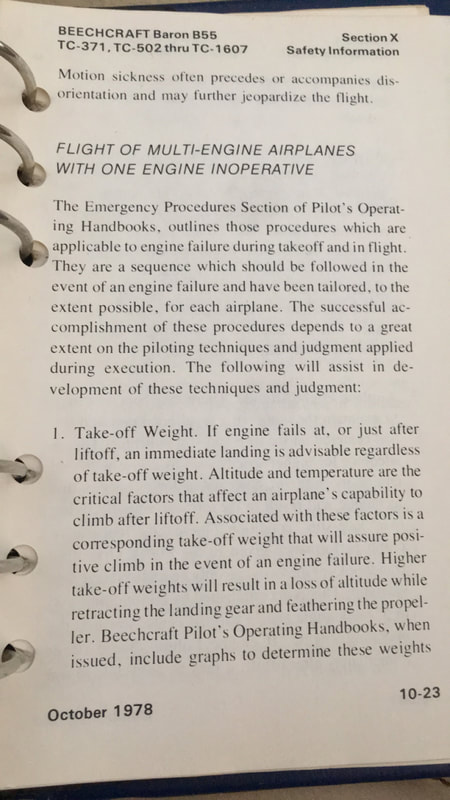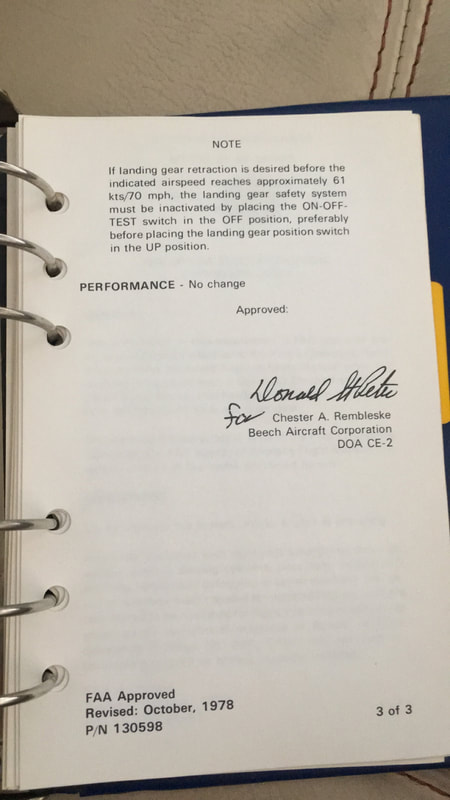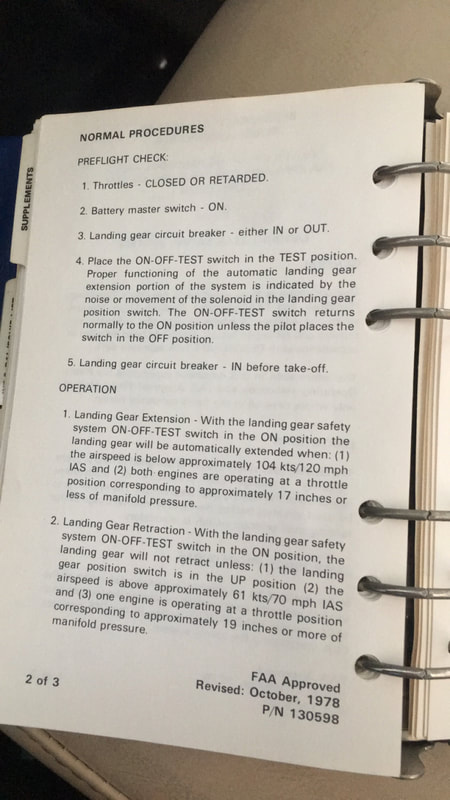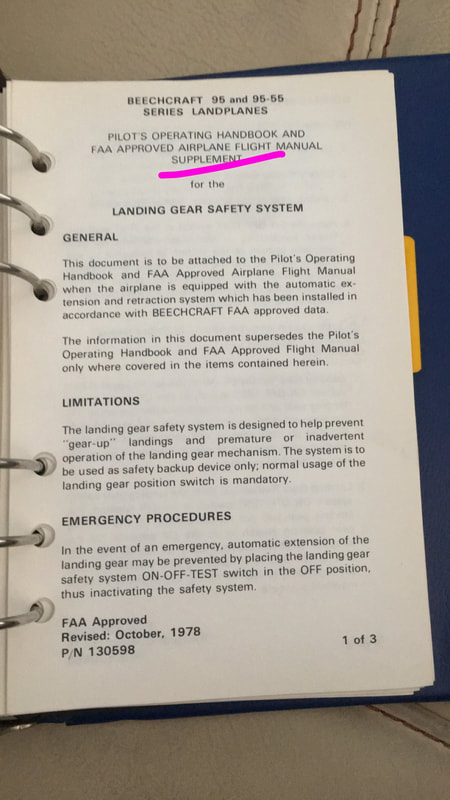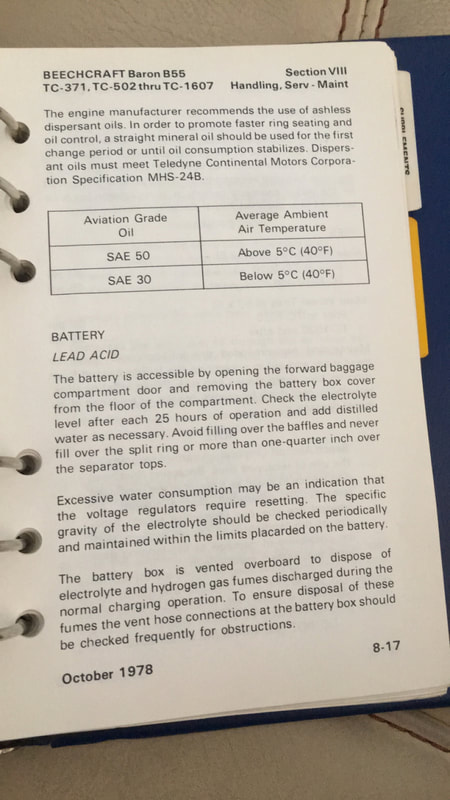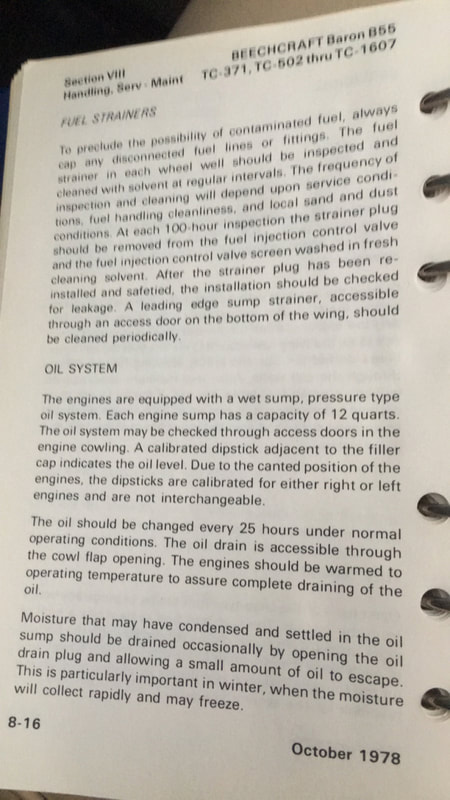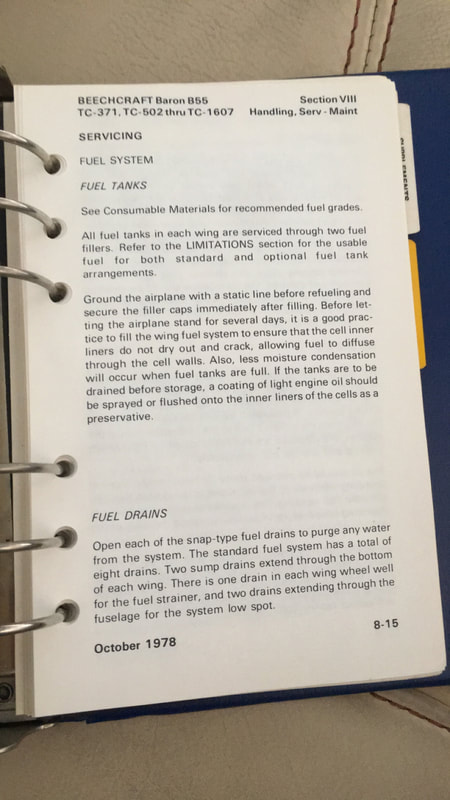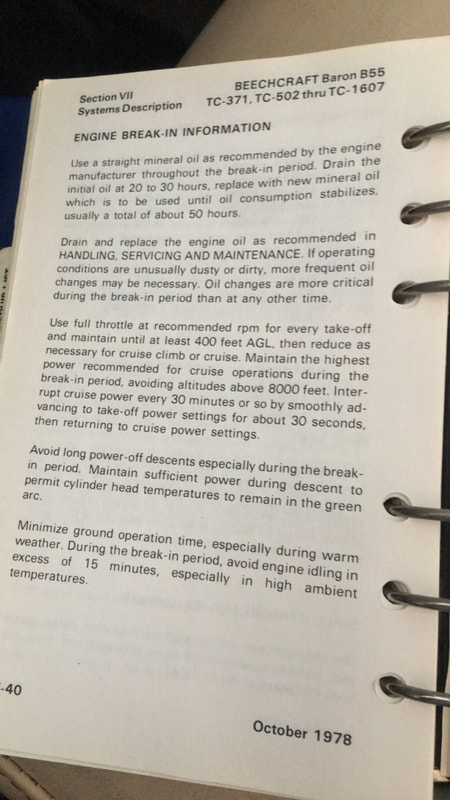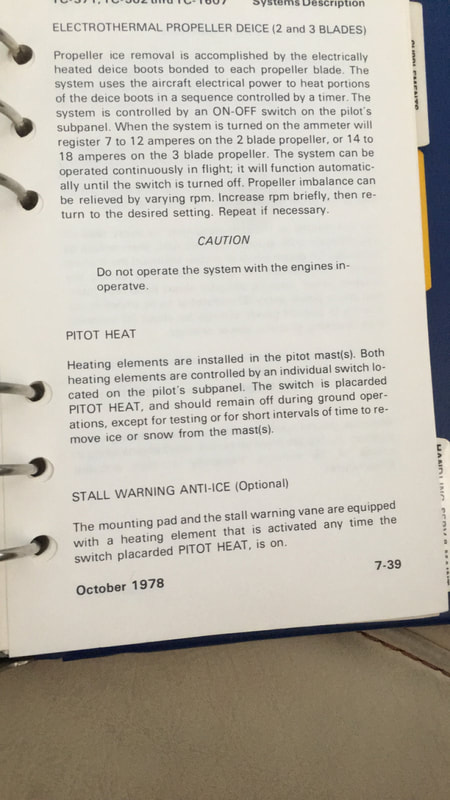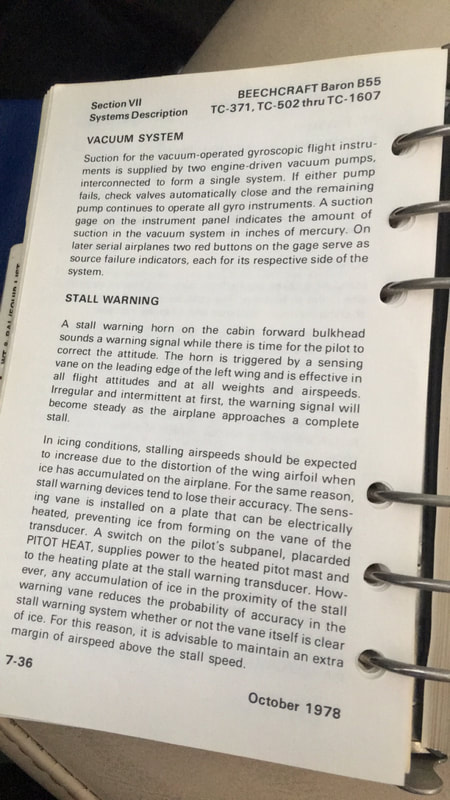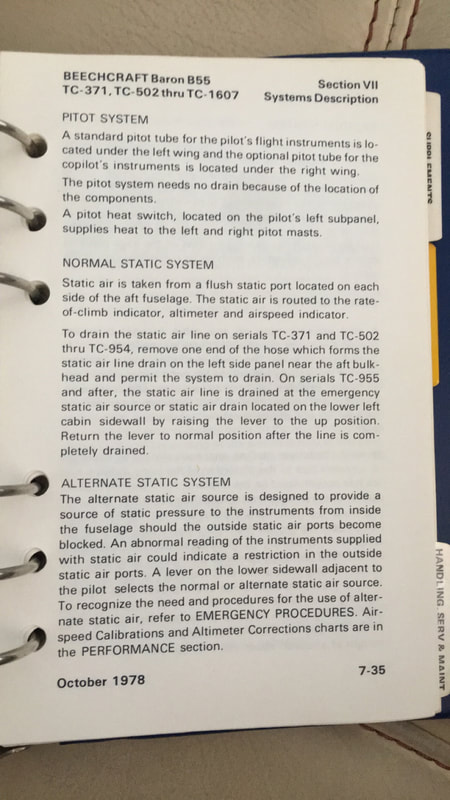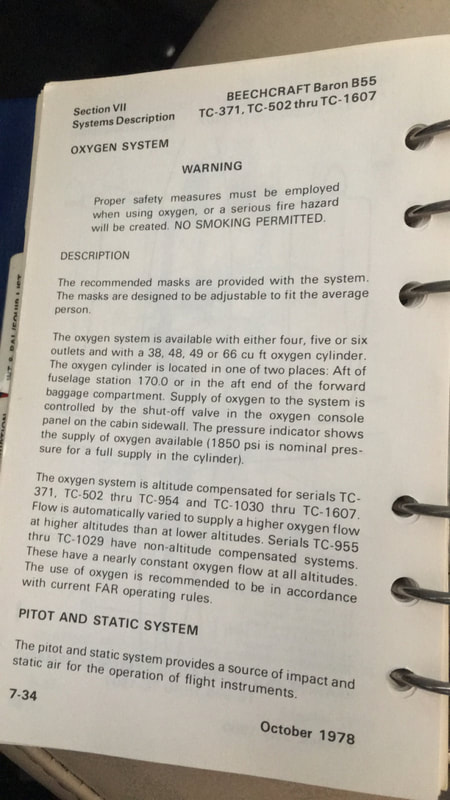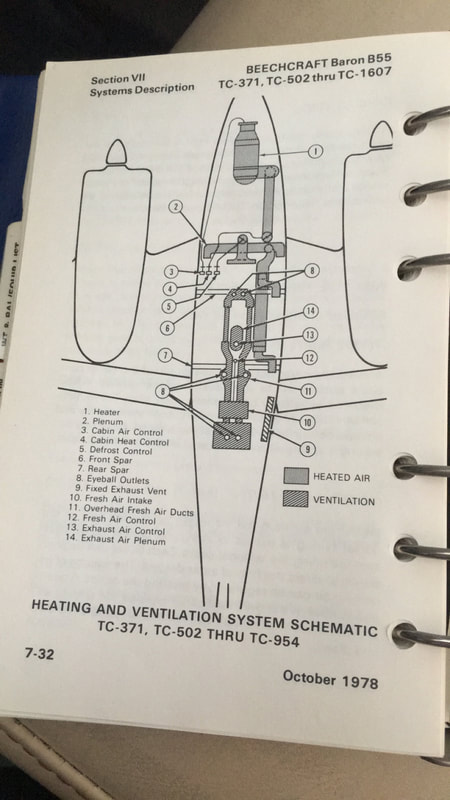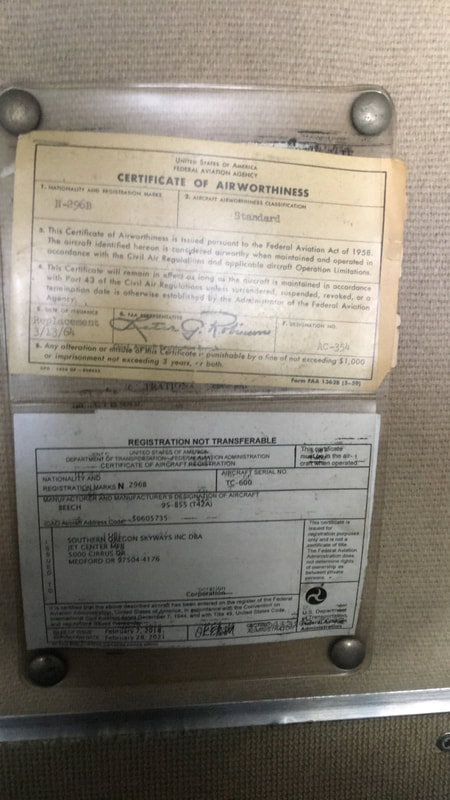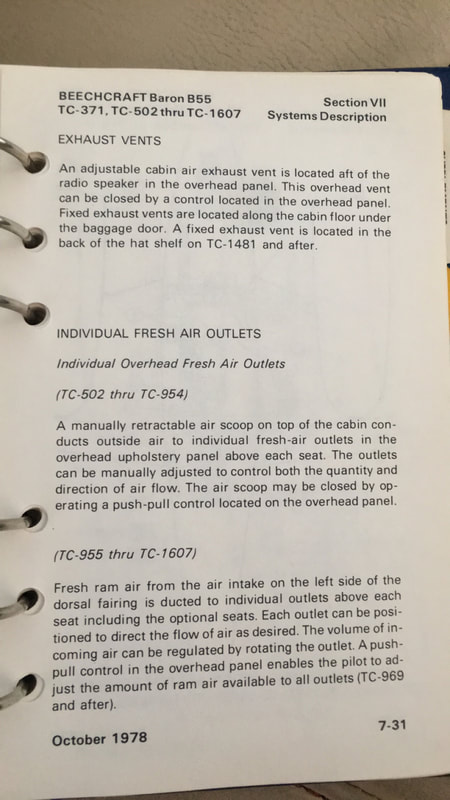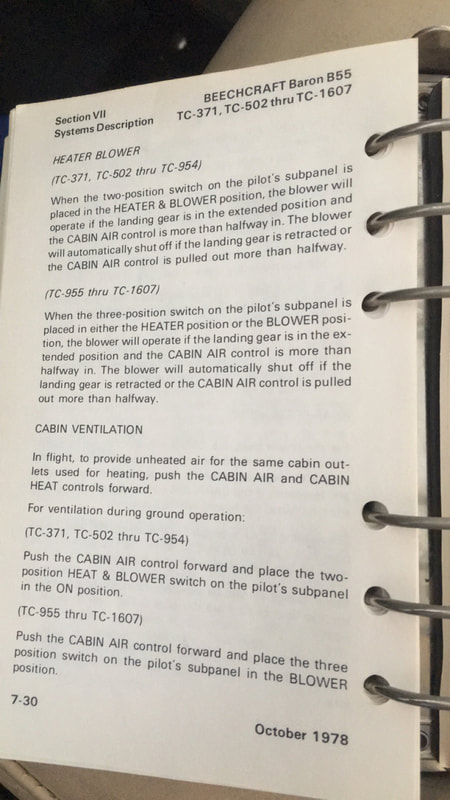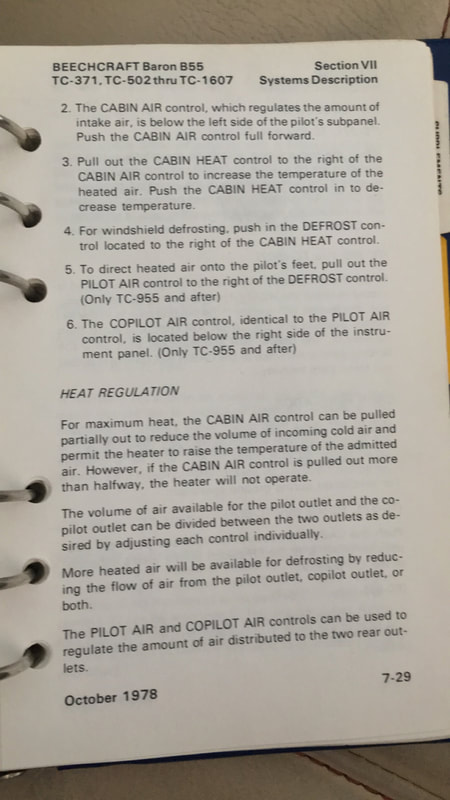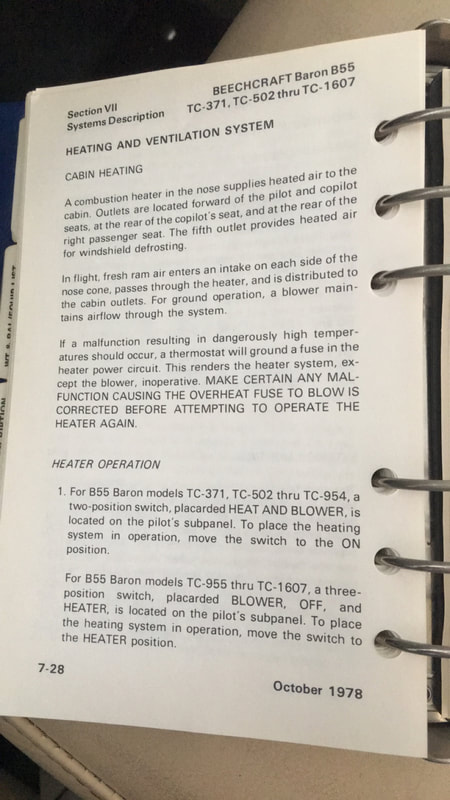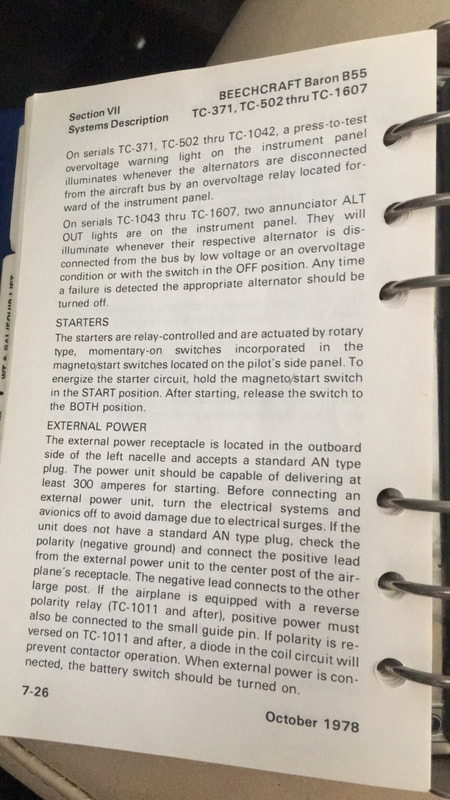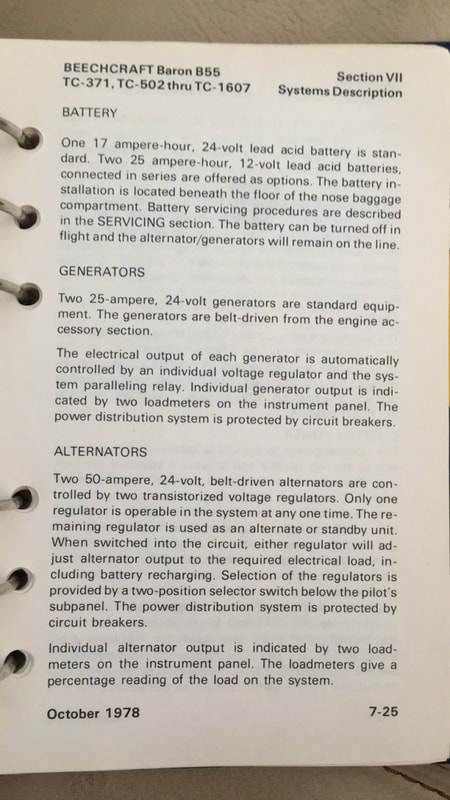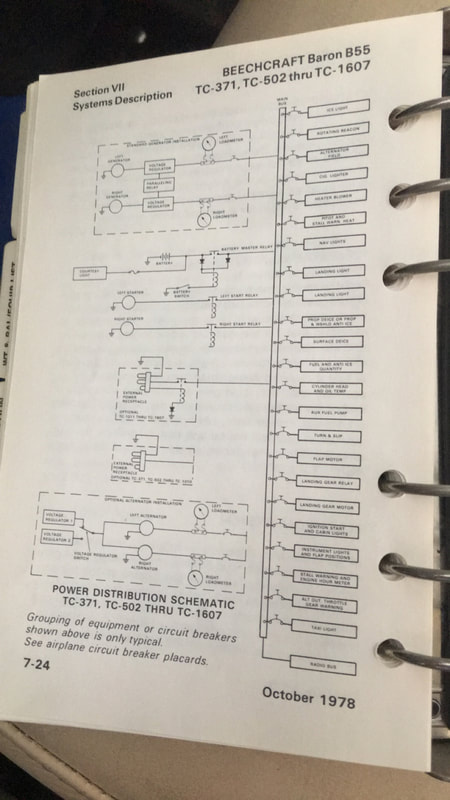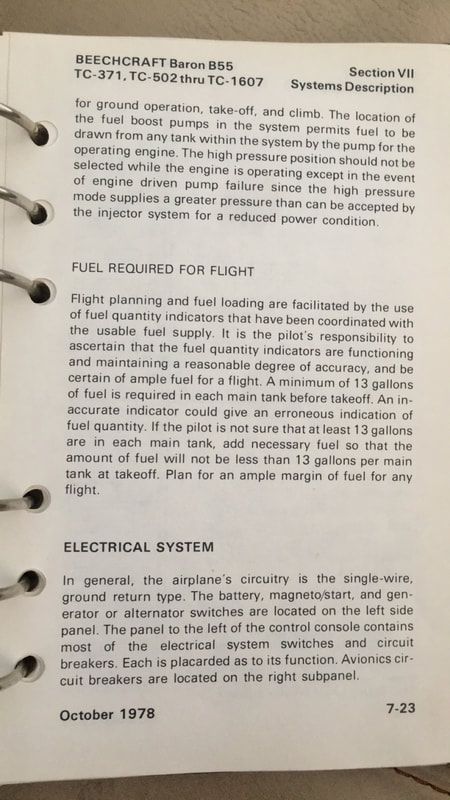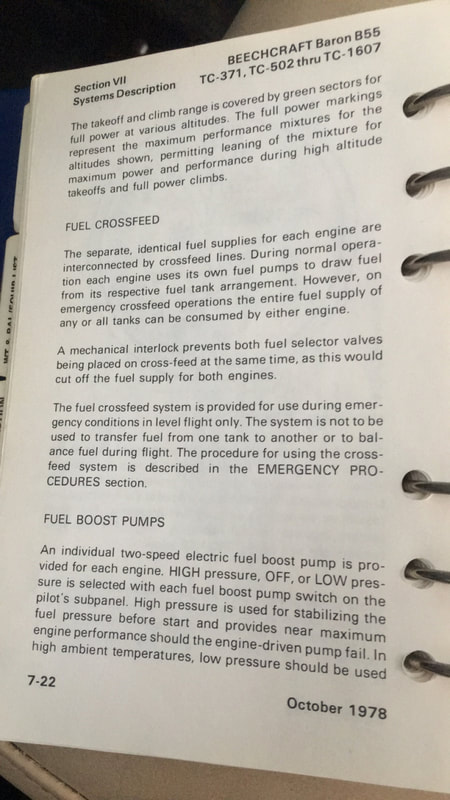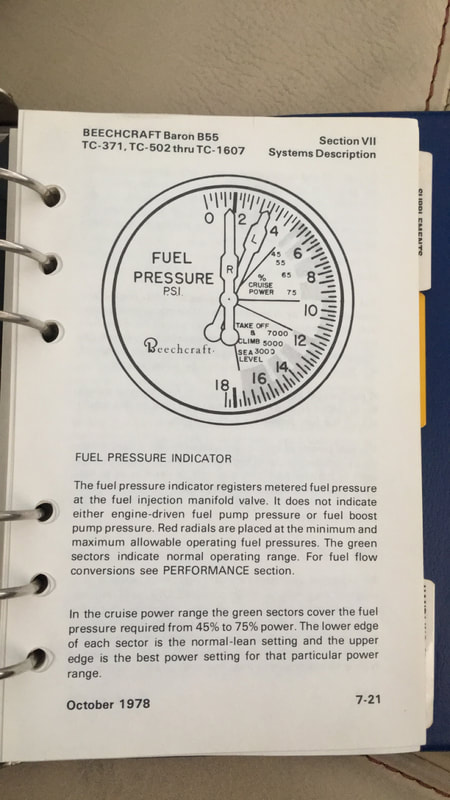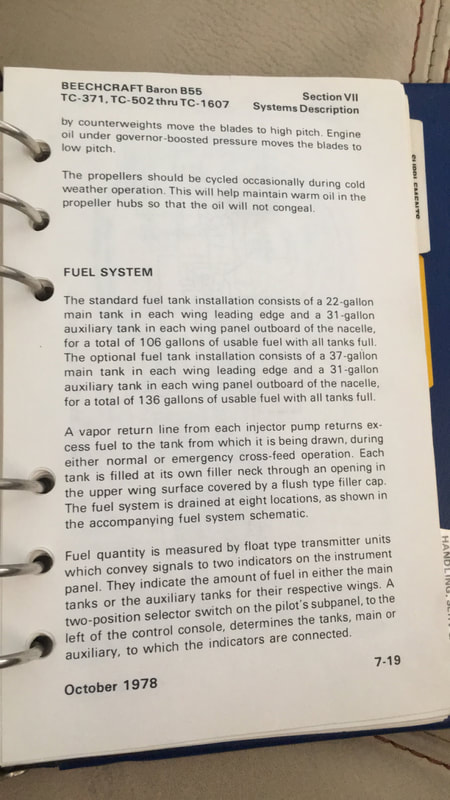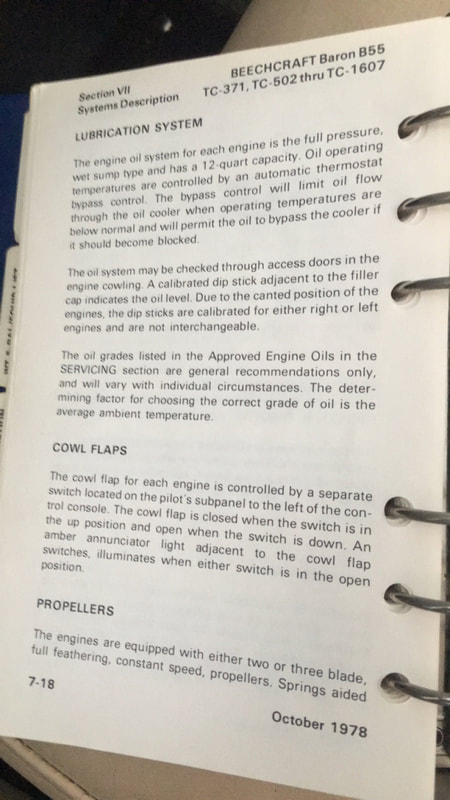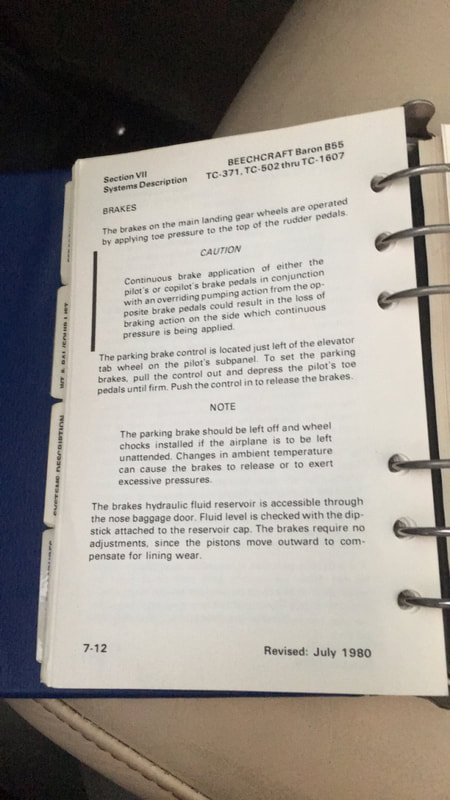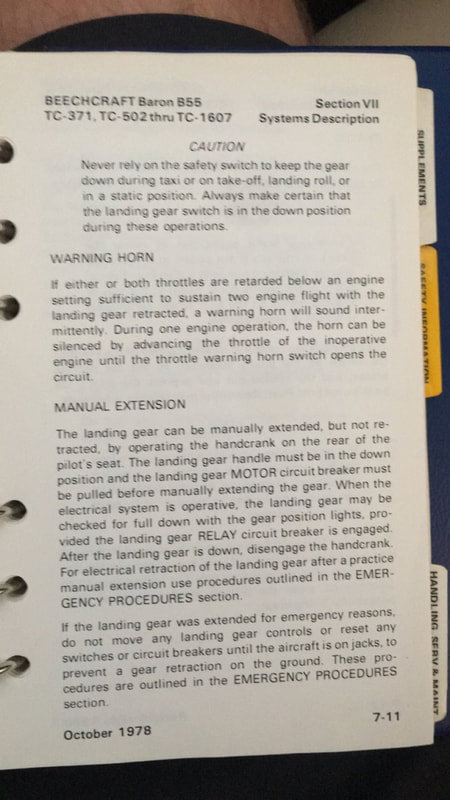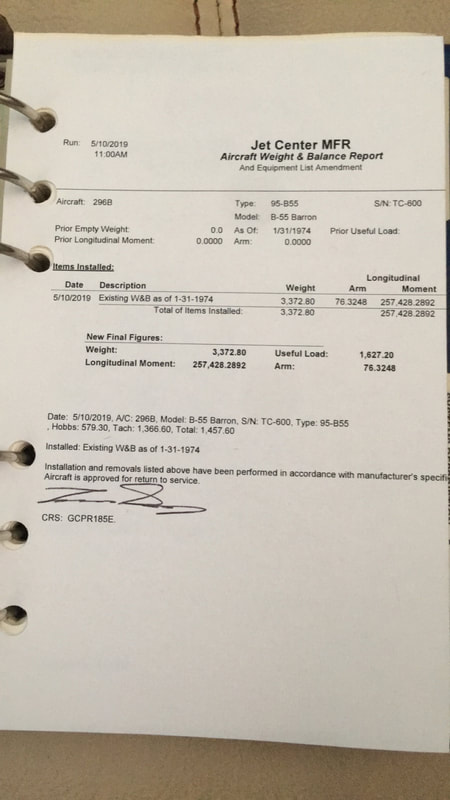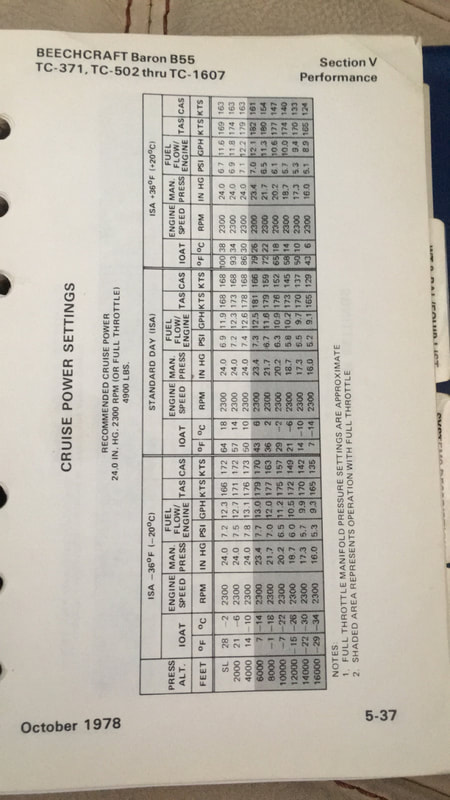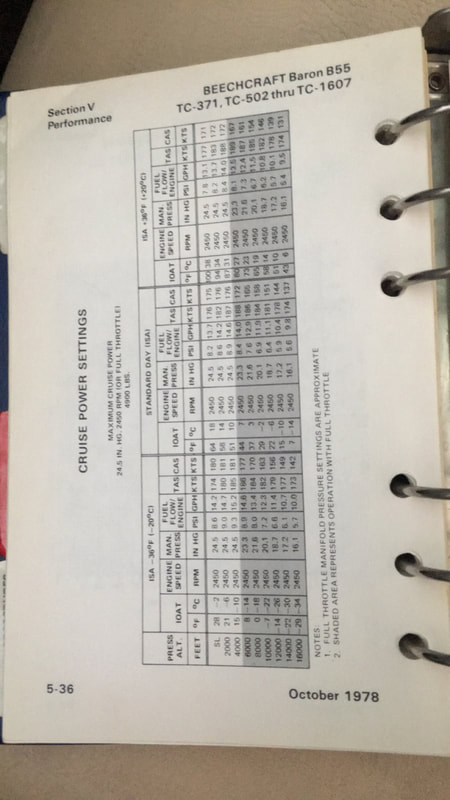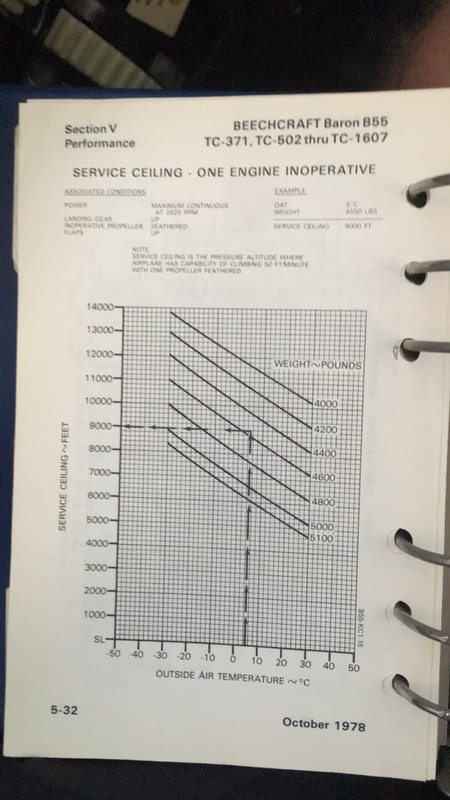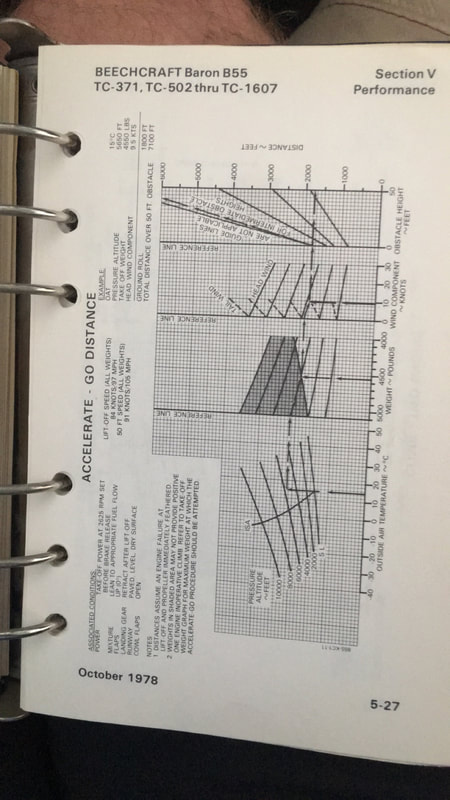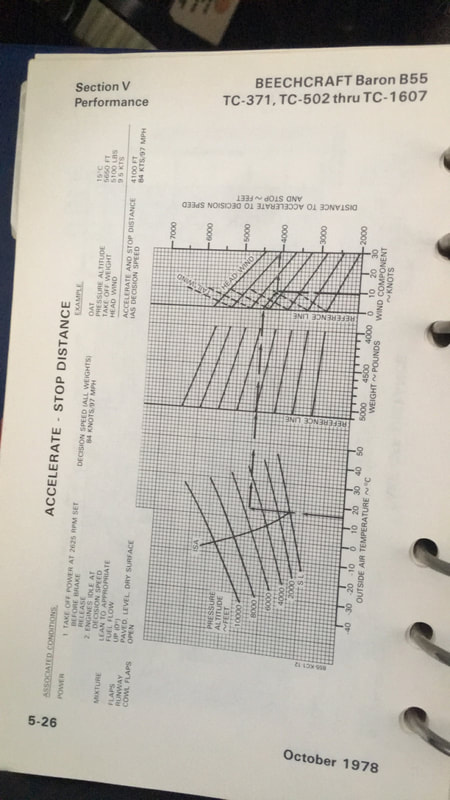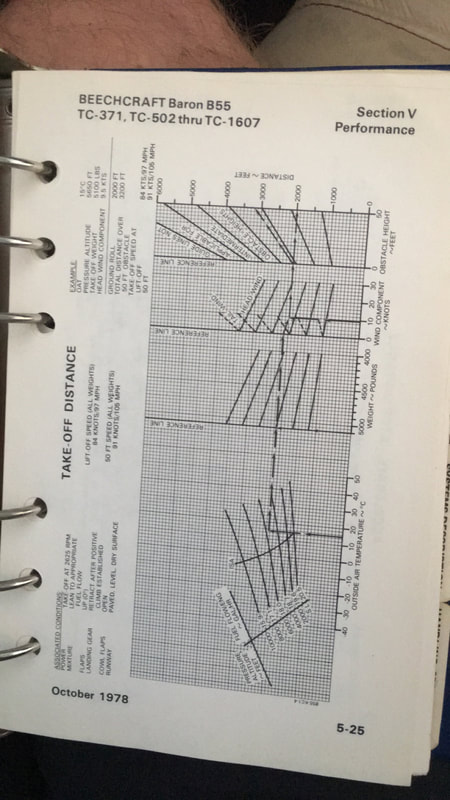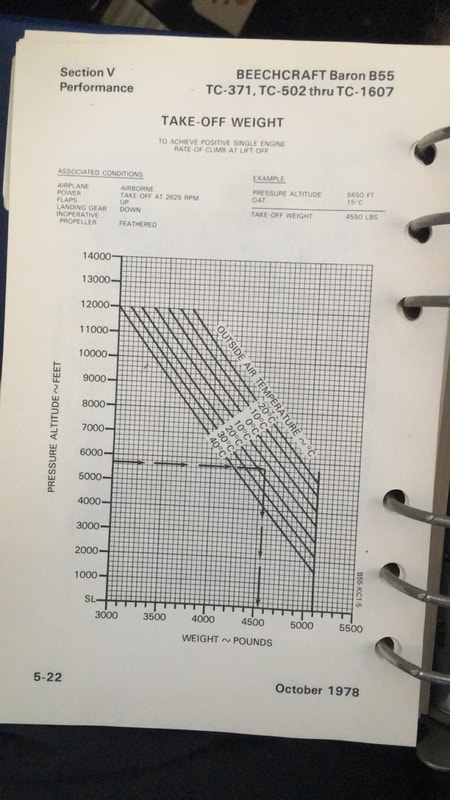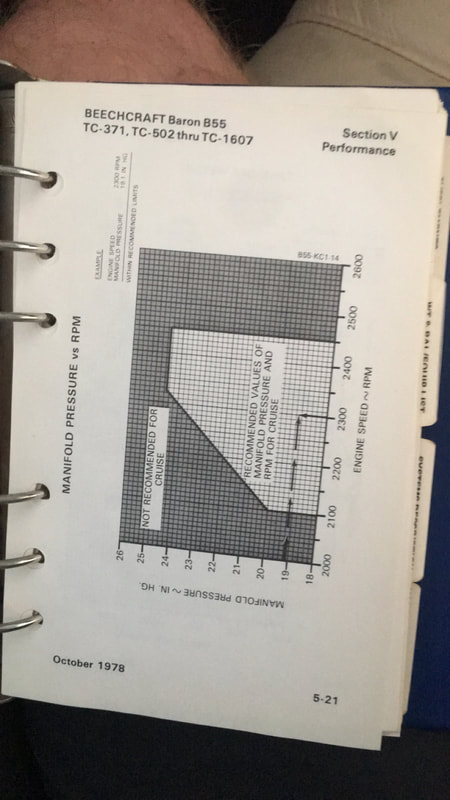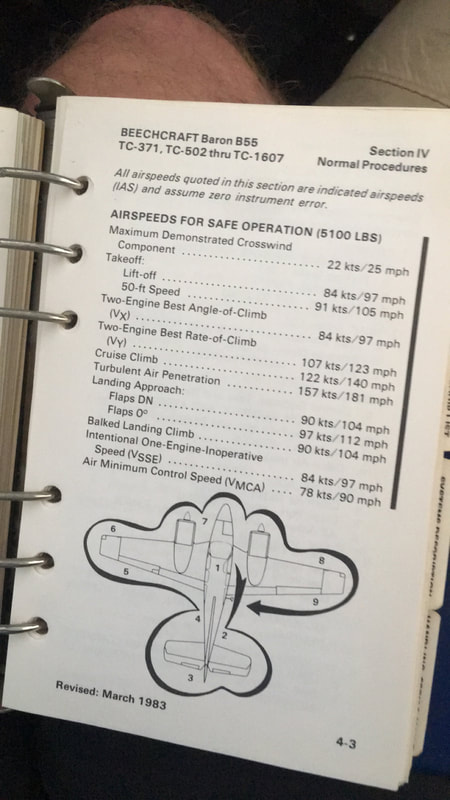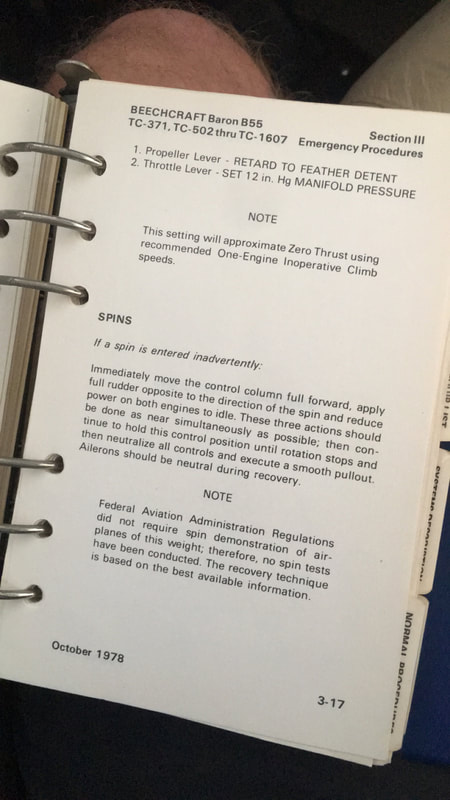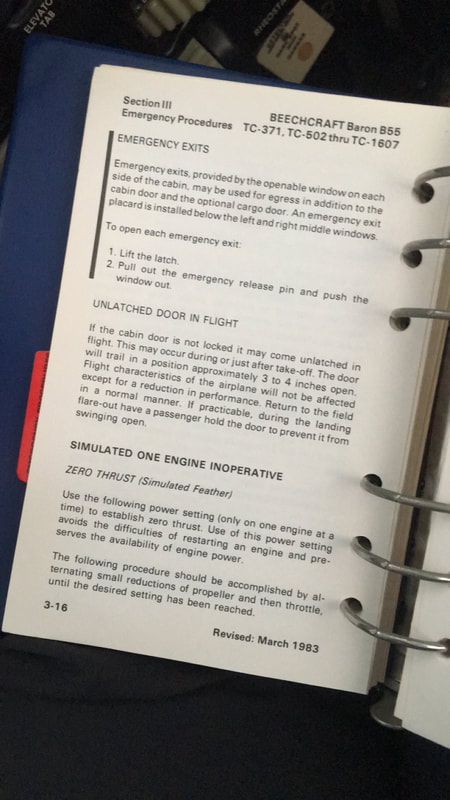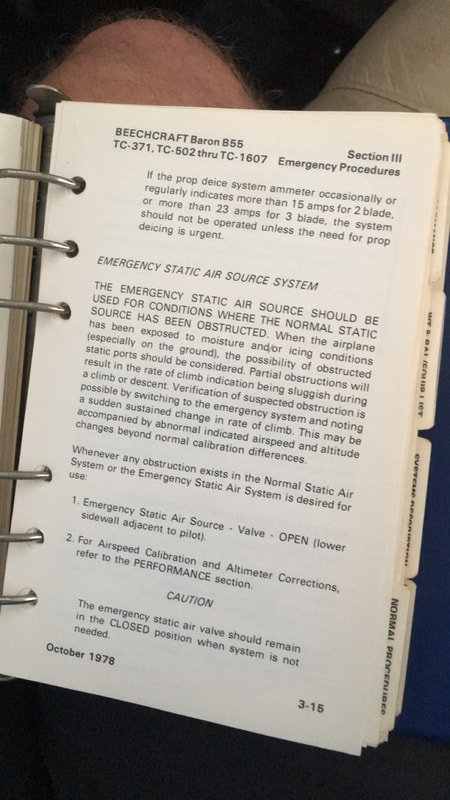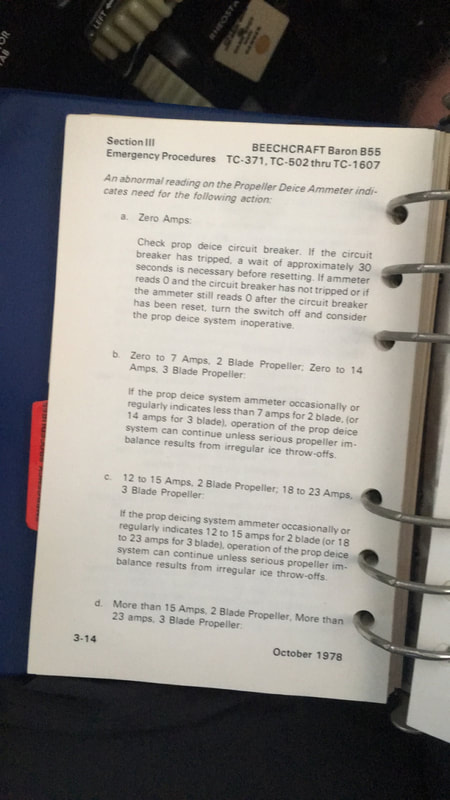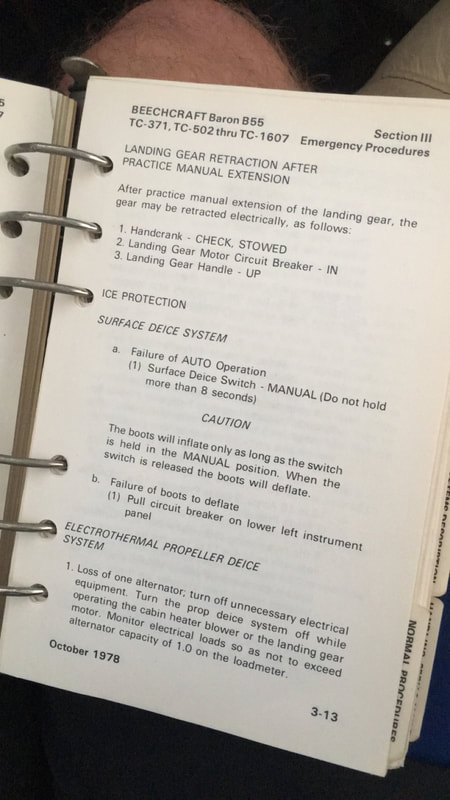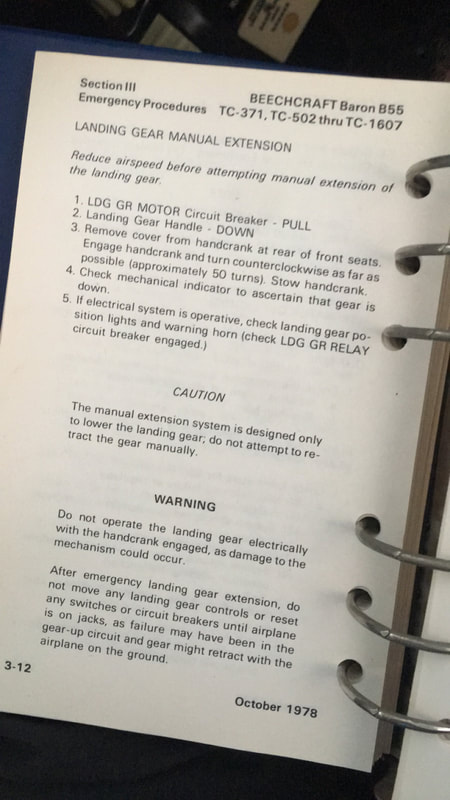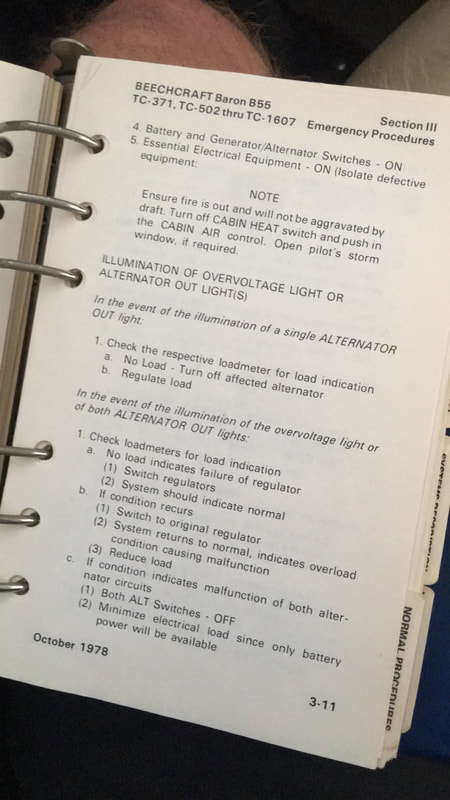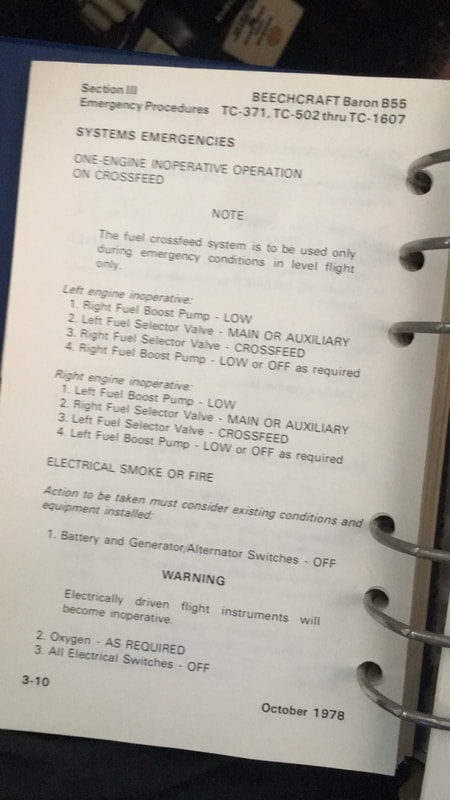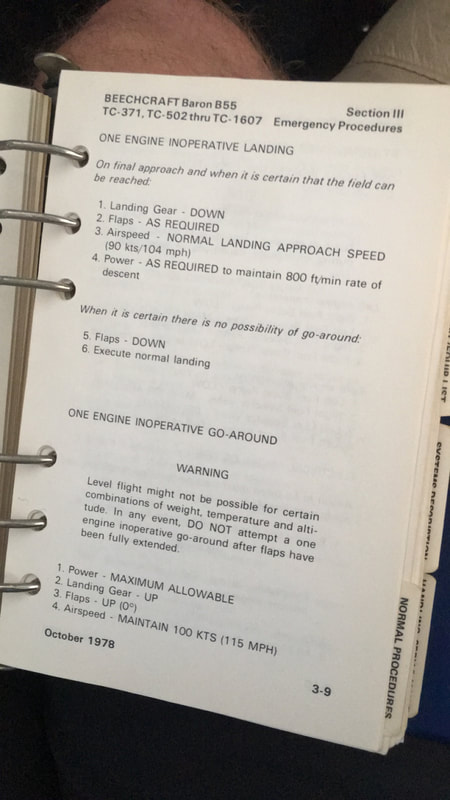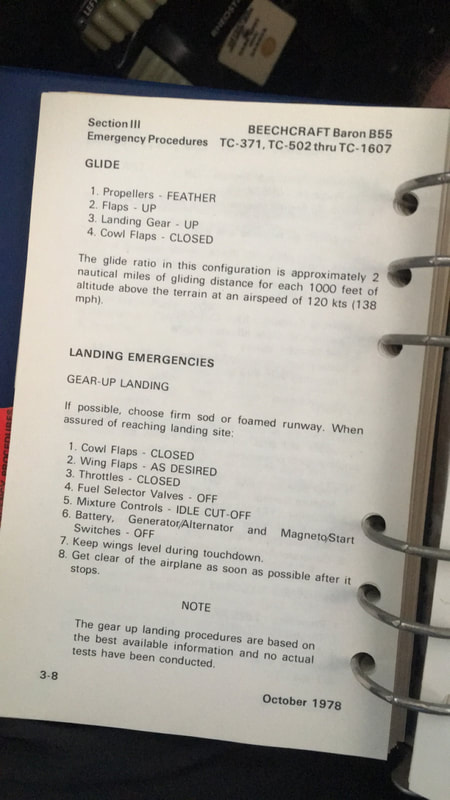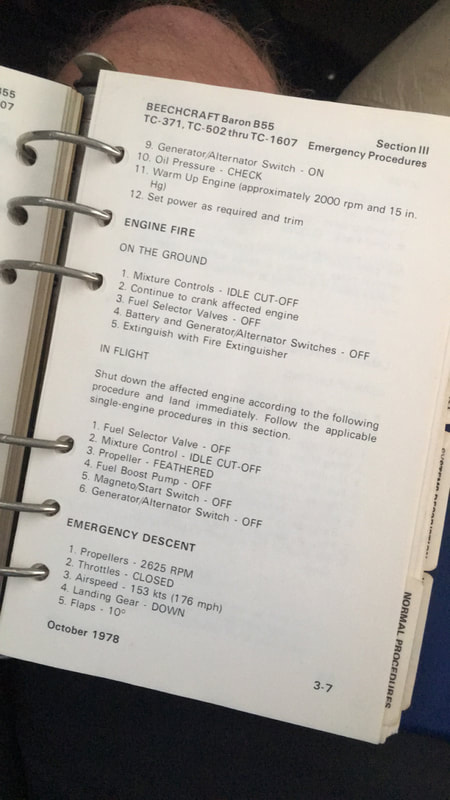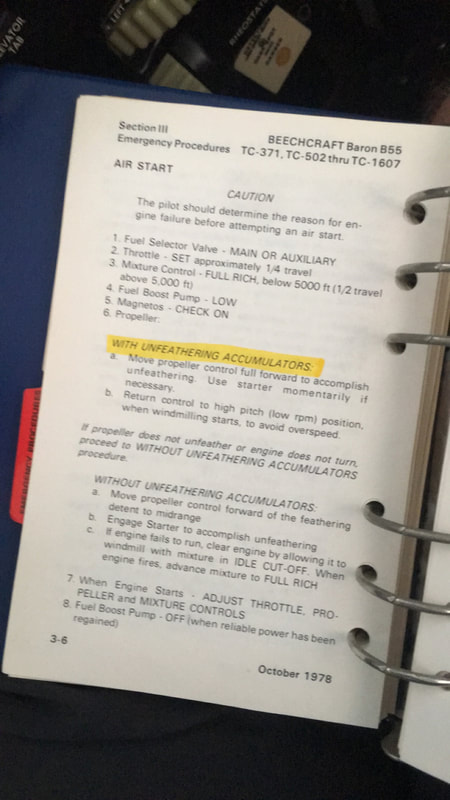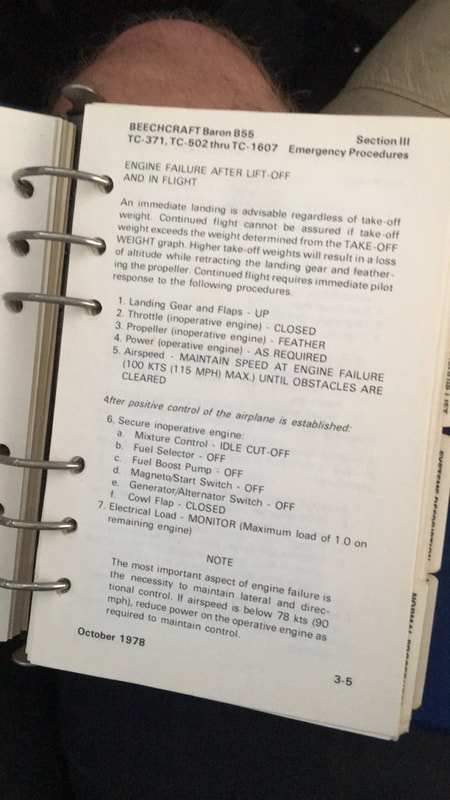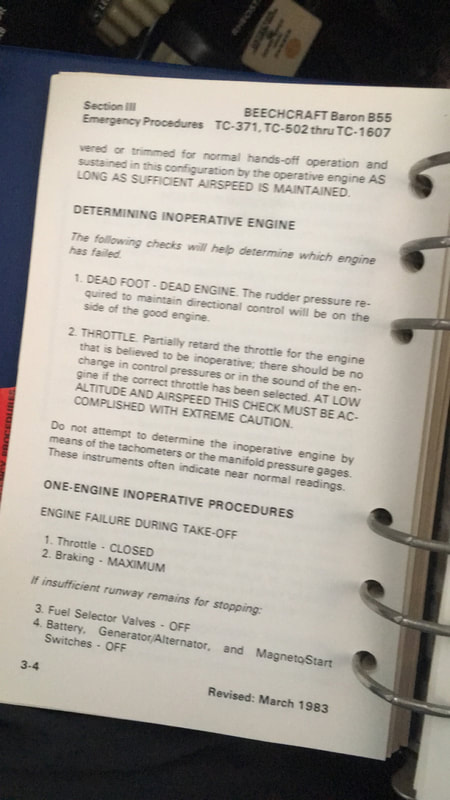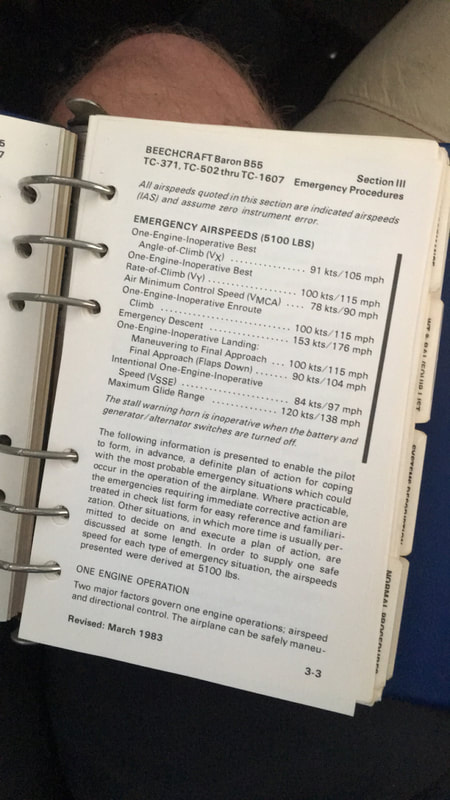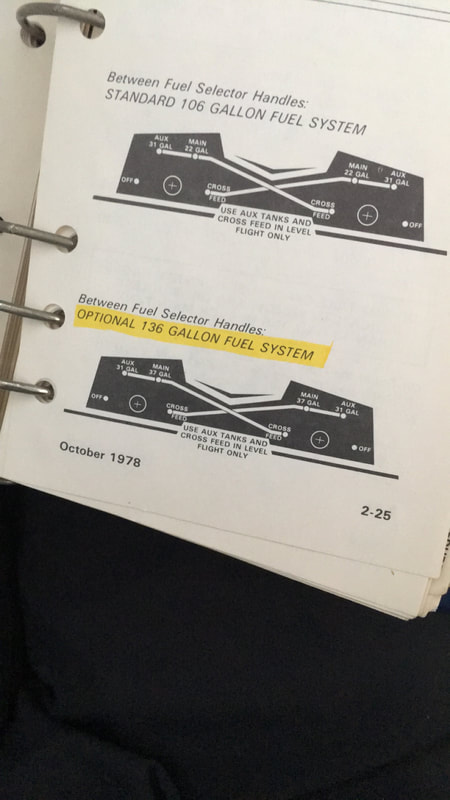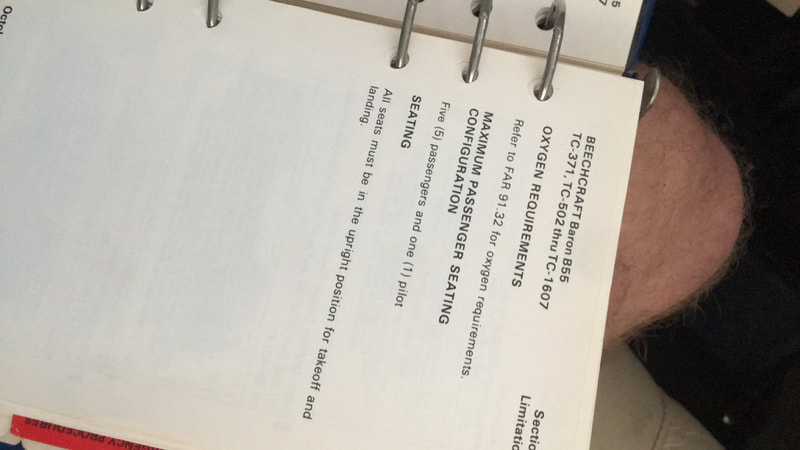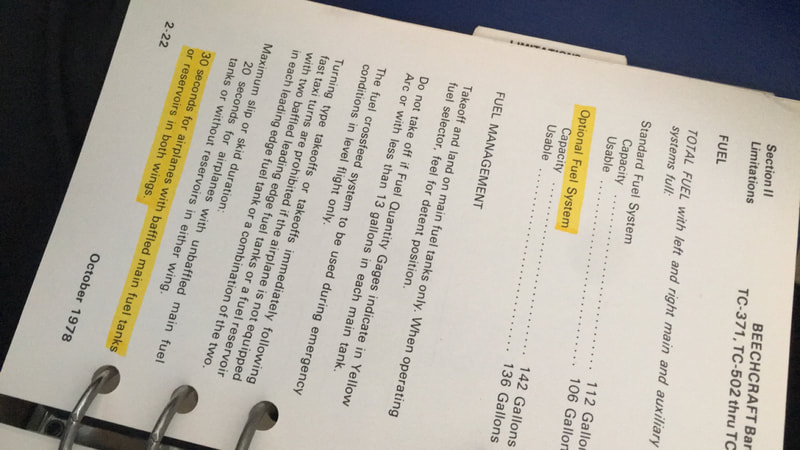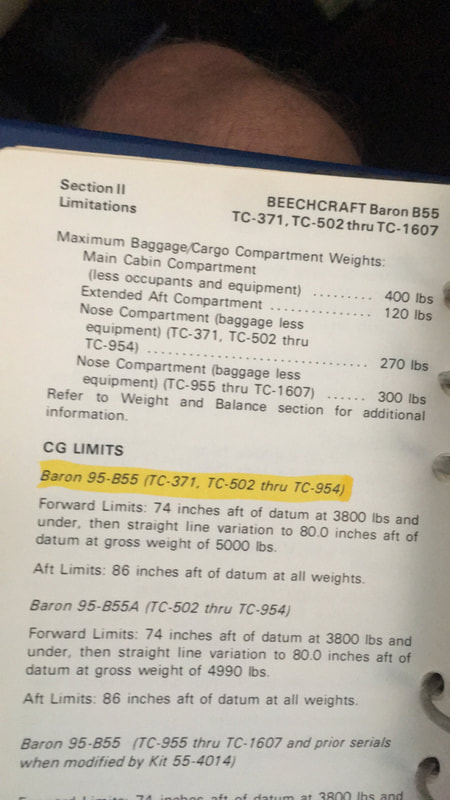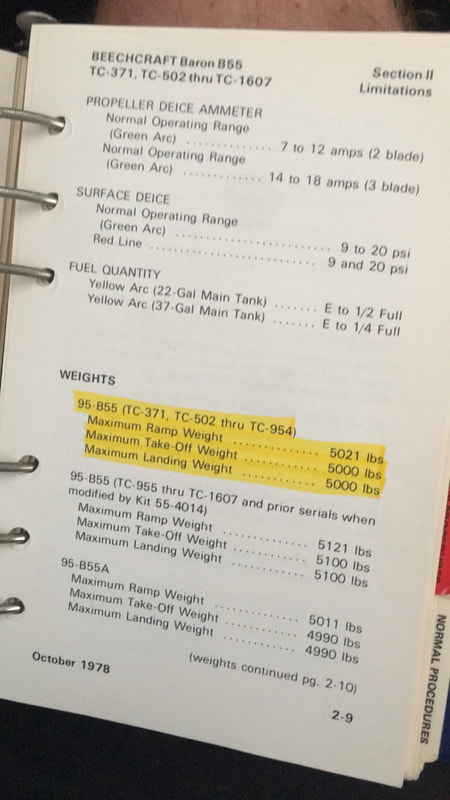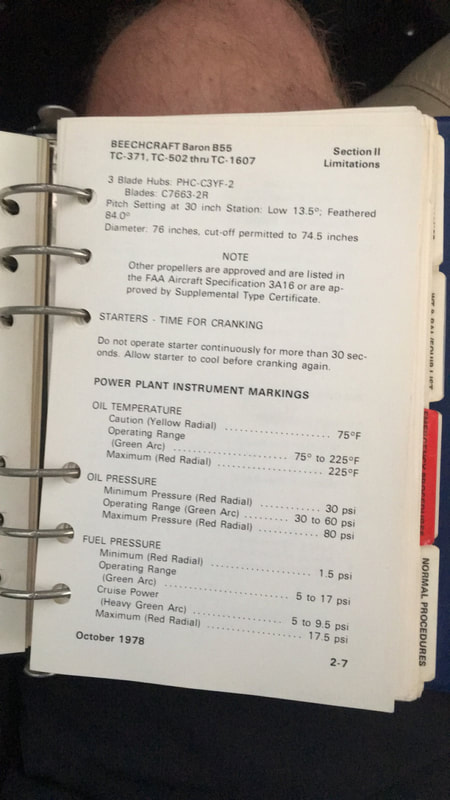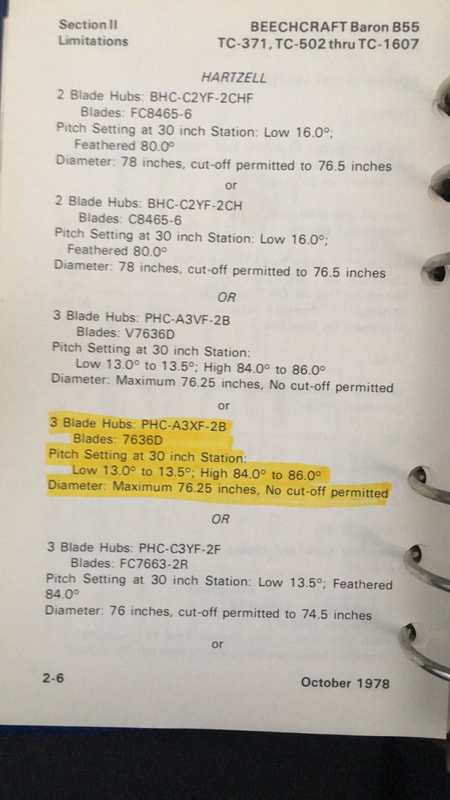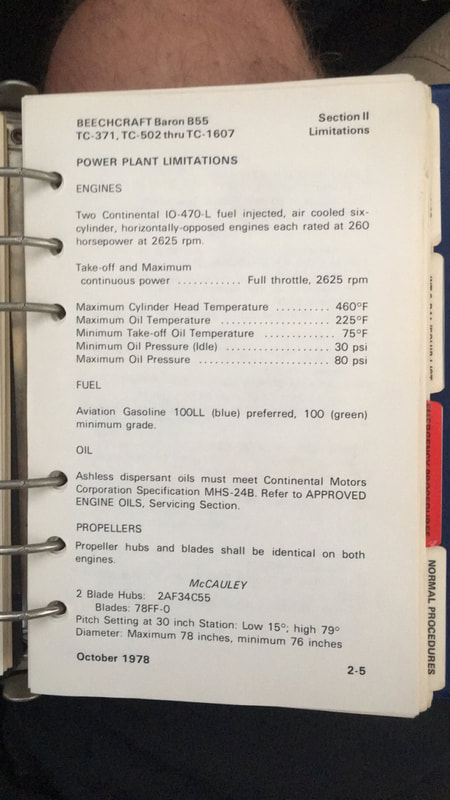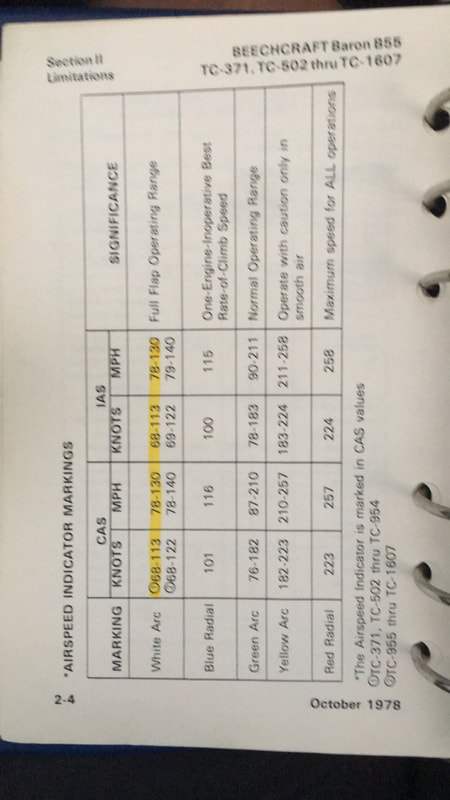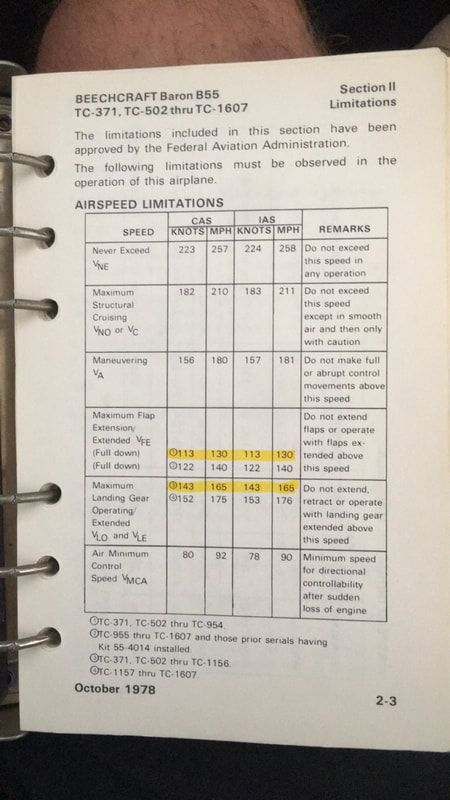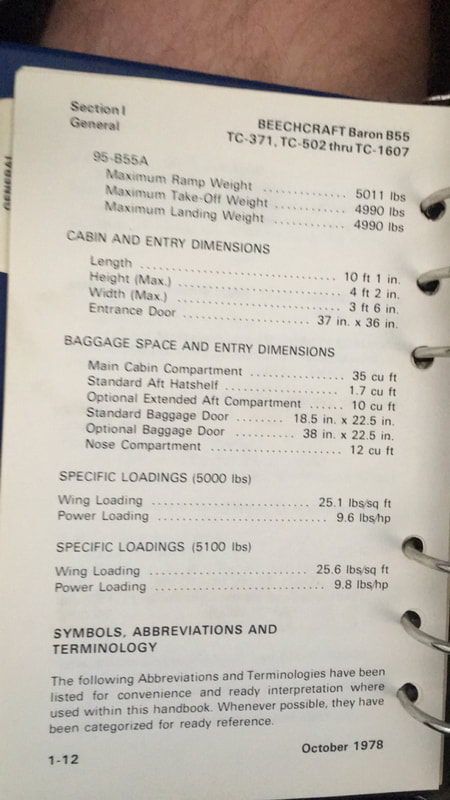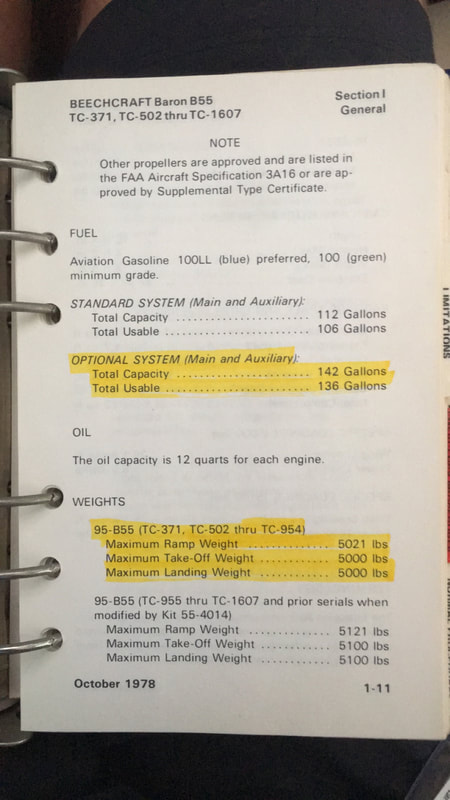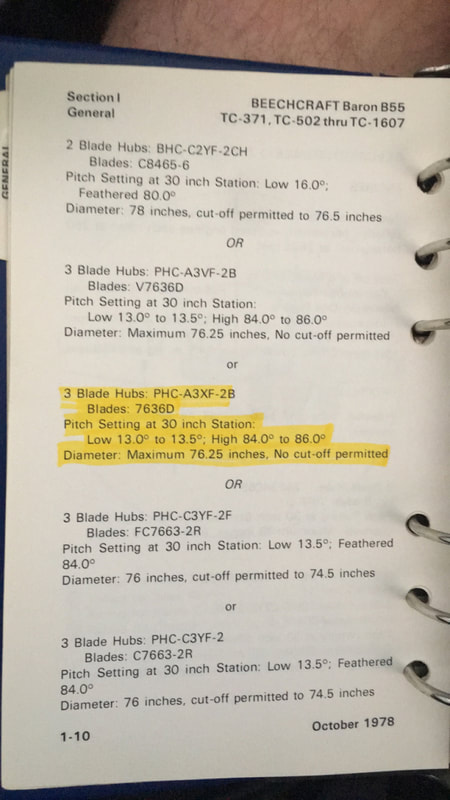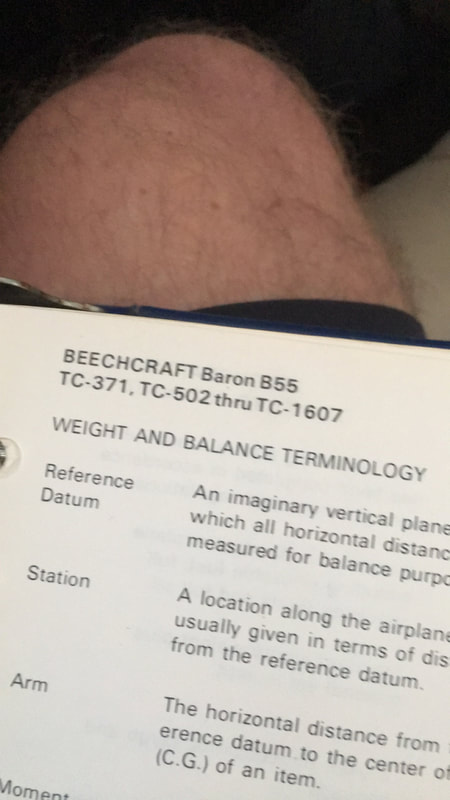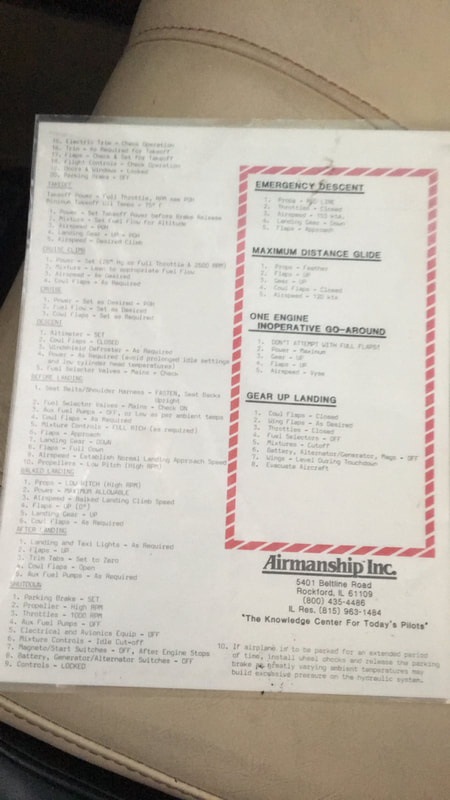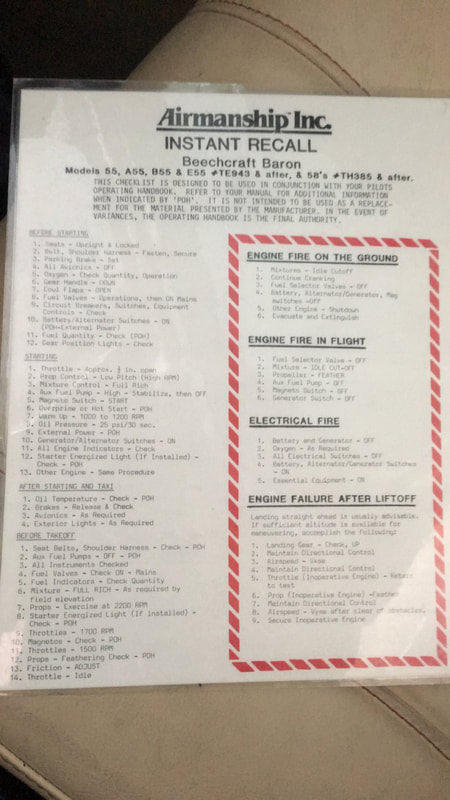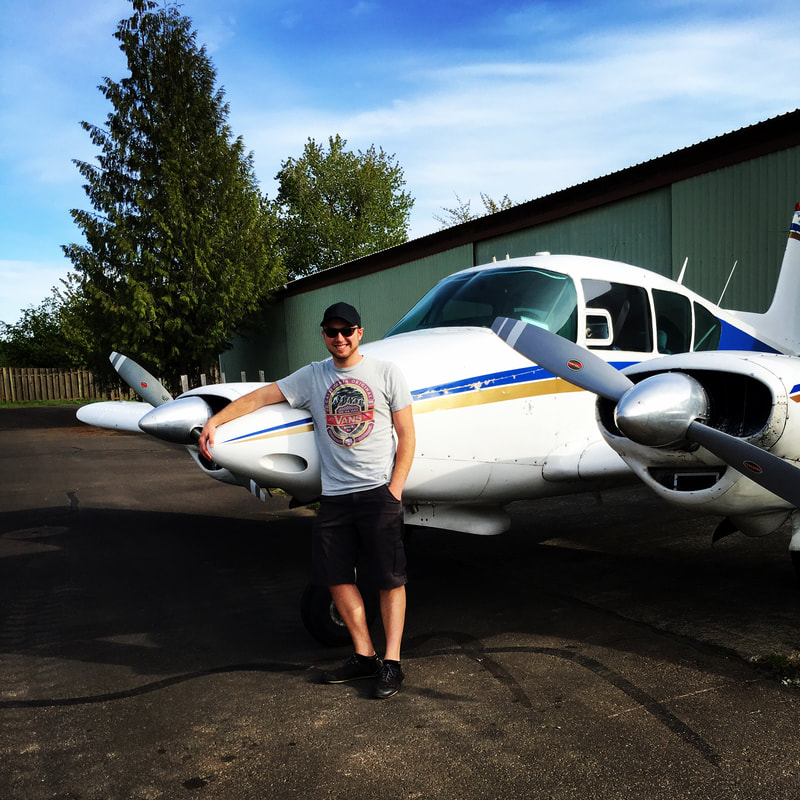|
This is a book review on John Lowery's Professional Pilot
0 Comments
If you've always dreamed of taking to the skies, now is the time to learn to fly in the beautiful state of Oregon. From the majestic peaks of the Cascade Mountains to the rolling green hills of the Willamette Valley, Oregon offers a stunning array of landscapes to explore by air.
The first step in learning to fly in Oregon is finding a reputable flight school. Look for schools that are accredited and have experienced instructors. It's also a good idea to speak with current or former students to get a feel for the quality of the training. Next, consider the type of aircraft you want to learn to fly. Oregon has a diverse range of flying conditions, from coastal to mountainous, so it's important to choose an aircraft that is well-suited to the type of flying you want to do. Once you've selected a flight school and aircraft, it's time to start your training. This will typically involve a combination of ground school, where you'll learn the principles of flight and aircraft systems, and actual flight time, where you'll get the opportunity to practice what you've learned in the air. Learning to fly in Oregon can be a challenging and rewarding experience. Not only will you learn a new skill, but you'll also have the opportunity to explore the stunning beauty of the Beaver State from the air. So why wait? Start your journey to becoming a pilot in Oregon today! The following is a list of some of the major flight instructor employers in the United States. Most of these are part 141 programs, often affiliated with a University.
 Public perception in aviation is incredibly powerful. Visit any airline or charter jet company website and you will quickly find the company bragging about how experienced their pilots are, because that is what the public wants: experienced pilots. It makes all the passengers feel good; comfortable; safe. It sells! Of course, what the public actually wants are safe pilots. A pilot’s level of experience certainly is a factor in overall safety, but there are plenty of very experienced pilots who have proven to be much more dangerous than pilots who had a fraction of their experience. The most prominent example might be the Colgan Air 3407 crash in 2009. In this accident, both pilots had well over 2,000 hours of flying experience. The NTSB found inappropriate stall recovery action by the captain to be the probable cause of the accident (the report can be found here). The FAA’s reaction? Require all copilots to obtain their ATP certificate before being eligible to fly for a part 121 air carrier. The most significant implication with this change was an increase in the minimum experience requirements for airline copilots from 250 hours to 1,500 hours. This law was what became known as the “1,500 hour rule.” Such a response was not included in the NTSB’s list of recommended actions for the FAA, and nowhere in the NTSB report did they suggest that copilot total time was a factor in the accident. The “1,500 hour rule” is a perfect example of a regulation that was passed purely for the public to see that the government was “doing something” in response to the Colgan Air crash in 2009. It was optics, and it was done for the sake of public perception. In reality, it was a quality of training issue that should have been addressed by the FAA. The NTSB report contained a number of recommendations that it believed could help reduce the likelihood of this kind of accident occurring again, and the majority of those recommendations had to do with pilot training. But a 500% increase in required flight hours for copilots was a better sell to the public, because this way, the pilots would be more experienced. This rule seems to imply that a 1,500 hour pilot with 1,500 hours in the pattern flying, say, a Cessna 172 makes for a safer and more skilled copilot in a regional jet than someone with, say, only 1,000 hours total time, when 600 of those hours were accrued in the right and left seats of various turboprops and jets. Instructing in a 172 and acting as a crew member in a turbojet, though they share commonalities, require very, very different skill sets. I would argue that an additional 500 hours logged in a Cessna 172 is not nearly as valuable to a copilot in a jet as having a few hundred hours of previous experience in the jet. But the public and the politicians are not concerned about those “subtleties,” thus, it is unlikely that the 1,500 hour rule will be adjusted to allow consideration for quality of experience. Though this rule change ultimately led to better compensation for pilots and airline accident rates have gone down, it is difficult to truly determine if requiring copilots to have an ATP is the cause.
|
|||||||||||||||||||||||||
- Home
-
Flight Instruction
- Private Pilot Flight Training
- Remote Pilot Part 107 Drone UAS Training
- Sport Pilot Flight Training
- Instrument Rating Flight Training
- Commercial Pilot Flight Training
- Multi-Engine Flight Training
- CFI Flight Training
- ATP Flight Training
- Bend Flight Training
- Flight Simulators
- Flight Review
- Paragliding and Paramotoring
- Private Pilot Ground School
-
Courses & Books
- Learning Center
- Contact
- Pilot Resources
- Our Goal
- News
- Ferry Pilot Services
- Contract Pilot Services
- Oregon Flight Instructor Jobs


